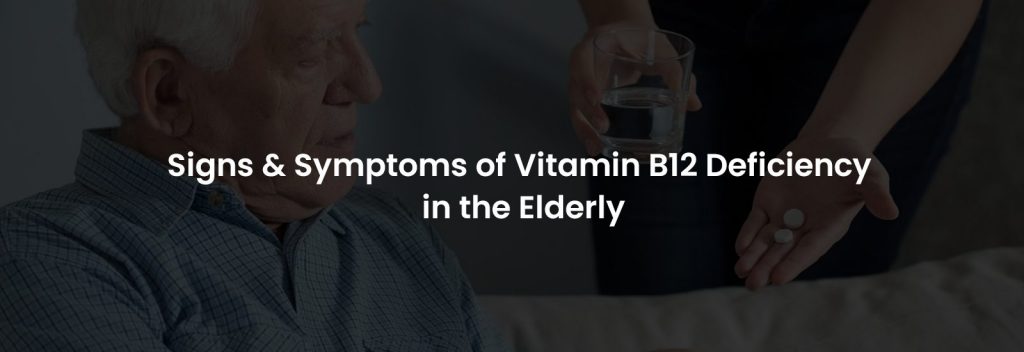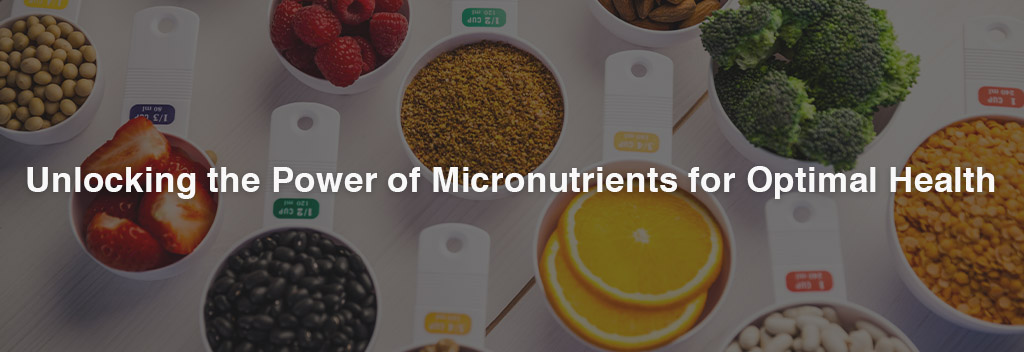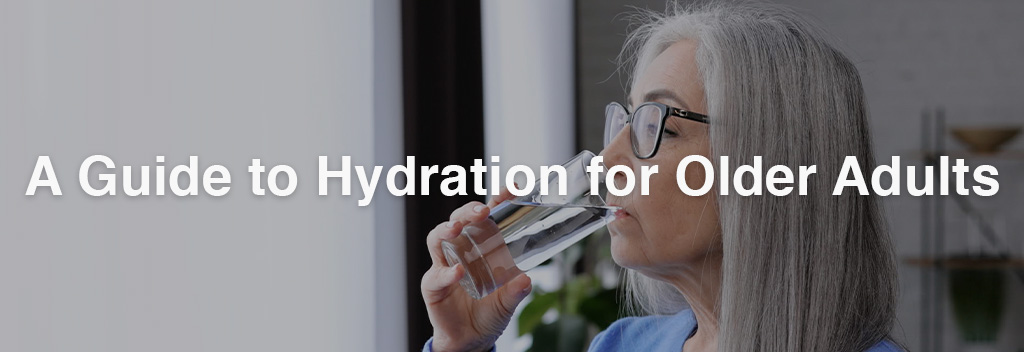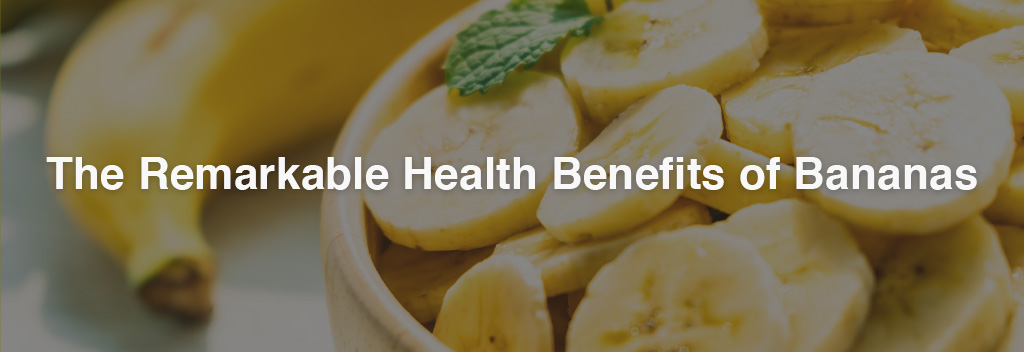
Aging makes the body vulnerable to various nutritional deficiencies. Insufficient food intake and low levels of stomach acids can reduce the absorption of certain nutrients like vitamin B12, iron, magnesium and calcium in older adults.
In America, more than 6%* of seniors above the age of 70 have severe B12 deficiency. The deficiency of B complex vitamins such as B12 is associated with an increased risk of developing Alzheimer’s and Dementia in older adults. Therefore, it is important to address nutritional deficiencies.
What Is Vitamin B12?
Vitamin B12 (Cobalamin) is one among the eight types of B vitamins that our body needs in order to function normally. B12, in particular, is indispensable to the body as it helps create red blood cells and aides in DNA synthesis. It helps reduce neuron death and keeps nerve cells healthy. Much like vitamin C, vitamin B12 also cannot be produced in the body. We can only get it from our diets or through oral supplements.
Read More: Can Certain Food Improve Your Brain Health?
What causes B12 deficiency in the elderly?
The most common cause of B12 deficiency in older adults is atrophic gastritis. Atrophic gastritis is the chronic inflammation of stomach lining which reduces the production of stomach acid. In the absence of sufficient stomach acid, the body can’t separate Vitamin B12 from protein for absorption. Moreover, older adults are more likely to take antacids or reduce meat intake which can further worsen the problem.
Signs and Symptoms of B12 Deficiency

While there are many symptoms of B12 deficiency, these are the most common ones that affect the elderly:
- Fatigue
- Anemia
- Memory problems
- Blurred vision
- Shortness of breath
Severe B12 deficiency is also associated with an increased risk of:
- Osteoporosis
- Heart diseases
- Stroke
- Nerve problems
- Depression
Dietary Sources of B12

Animal protein is the richest source of vitamin B12. Here are some foods that can help increase its intake:
Seafood
Fish is a rich source of Omega 3-fatty acid, vitamins D, B2 and B12. Certain kinds of fish like sardines, salmon, tuna, wild trout and herring are very good sources of vitamin B12. Similarly, clams, mussels and crabs also contain a significant amount of B12 per 3-ounce servings. Finding ways to incorporate seafood into meals even twice a week can go a long way in reducing B12 deficiency.
*In case of food allergies, consult your physician for different alternatives.
Meat
Organ meats like liver and kidneys from beef or lamb are excellent sources of B12. Additionally, beef steaks, ham and sausage are also high in B12. Older adults are recommended to have 3 to 4 servings of lean red meat per week.
Dairy Products
Milk, yogurt, cheese and other dairy products are rich in protein, minerals and vitamins like B12. Older adults can have as much as 3 to 4 servings of dairy products each day. While dairy products might have less B12 per serving than red meat, our bodies can absorb it better through milk than beef. Having a cup of milk tea or adding cheese to salads is a great way to increase B12 intake.
Supplements:
Conclusion
In America, B12 deficiency affects people of all age groups and senior citizens are most affected by it. As many as 20% of older adults over the age of 60 develop B12 deficiency. B12 deficiency can pose serious health risks and hence needs to be promptly addressed through changes in diet or through dietary supplements.
If your elderly loved one is struggling with age related vitamin deficiency our providers at EliteCare can help. Visit your nearest EliteCare clinic for a consultation or visit this website to learn more about diet and nutrition.






